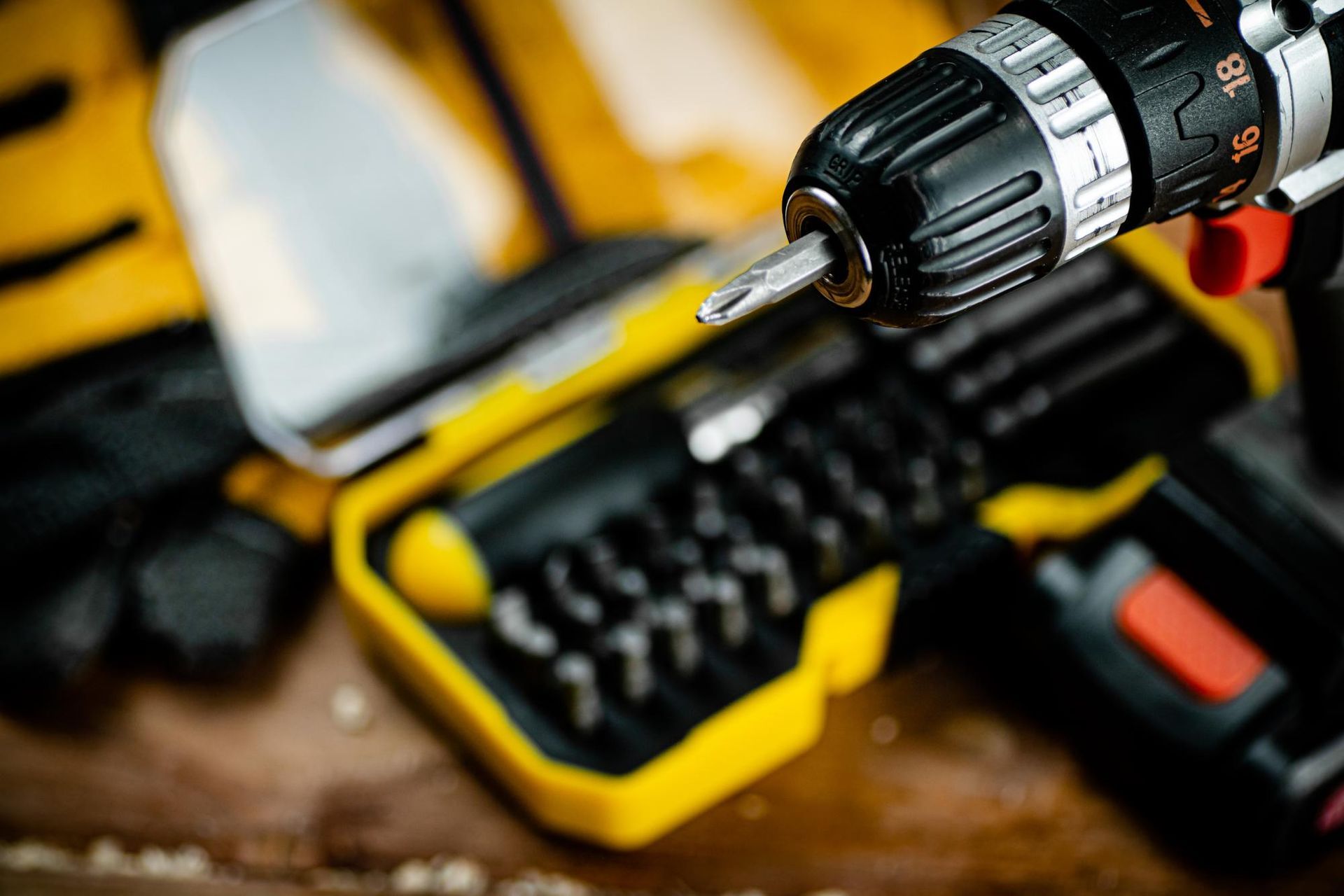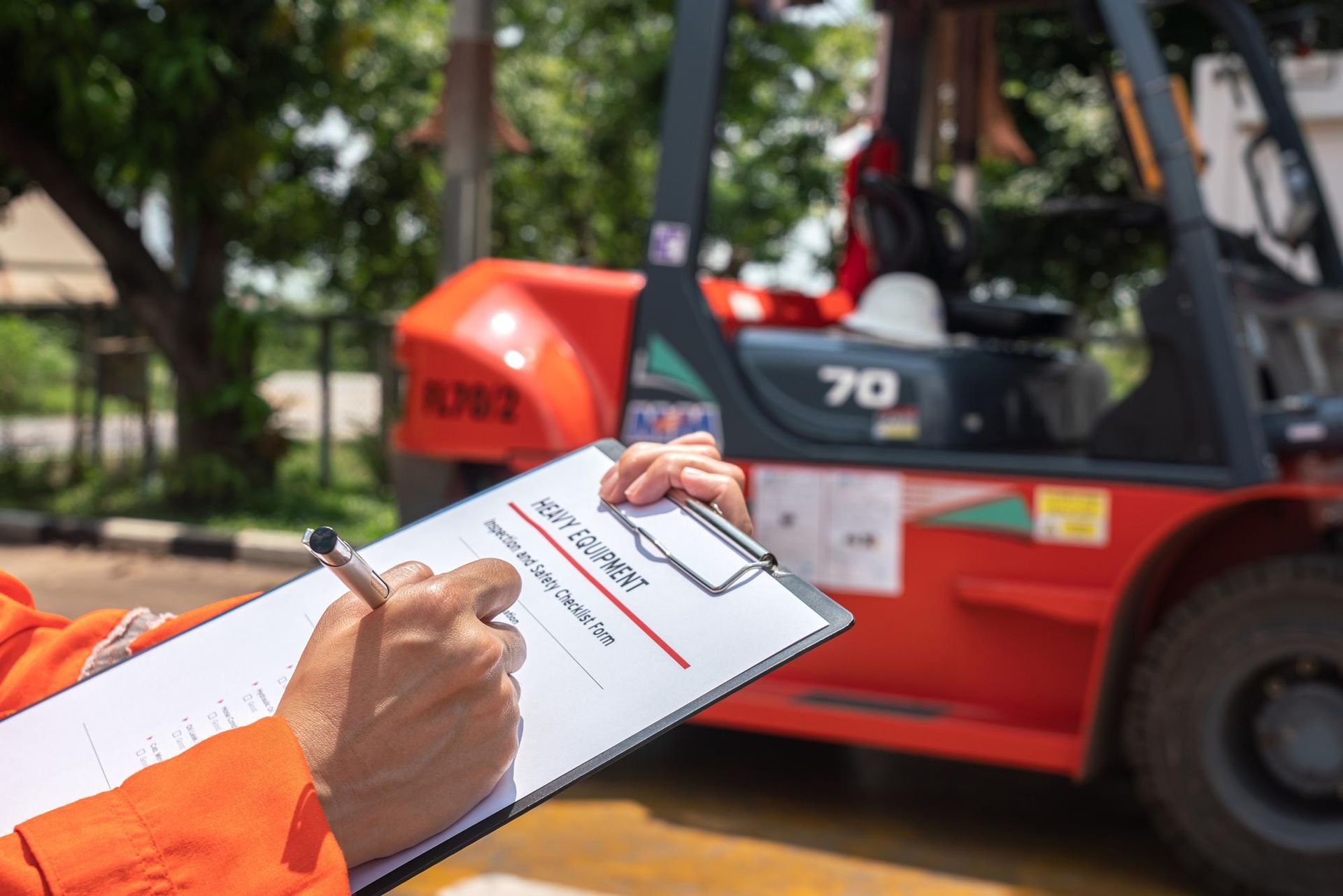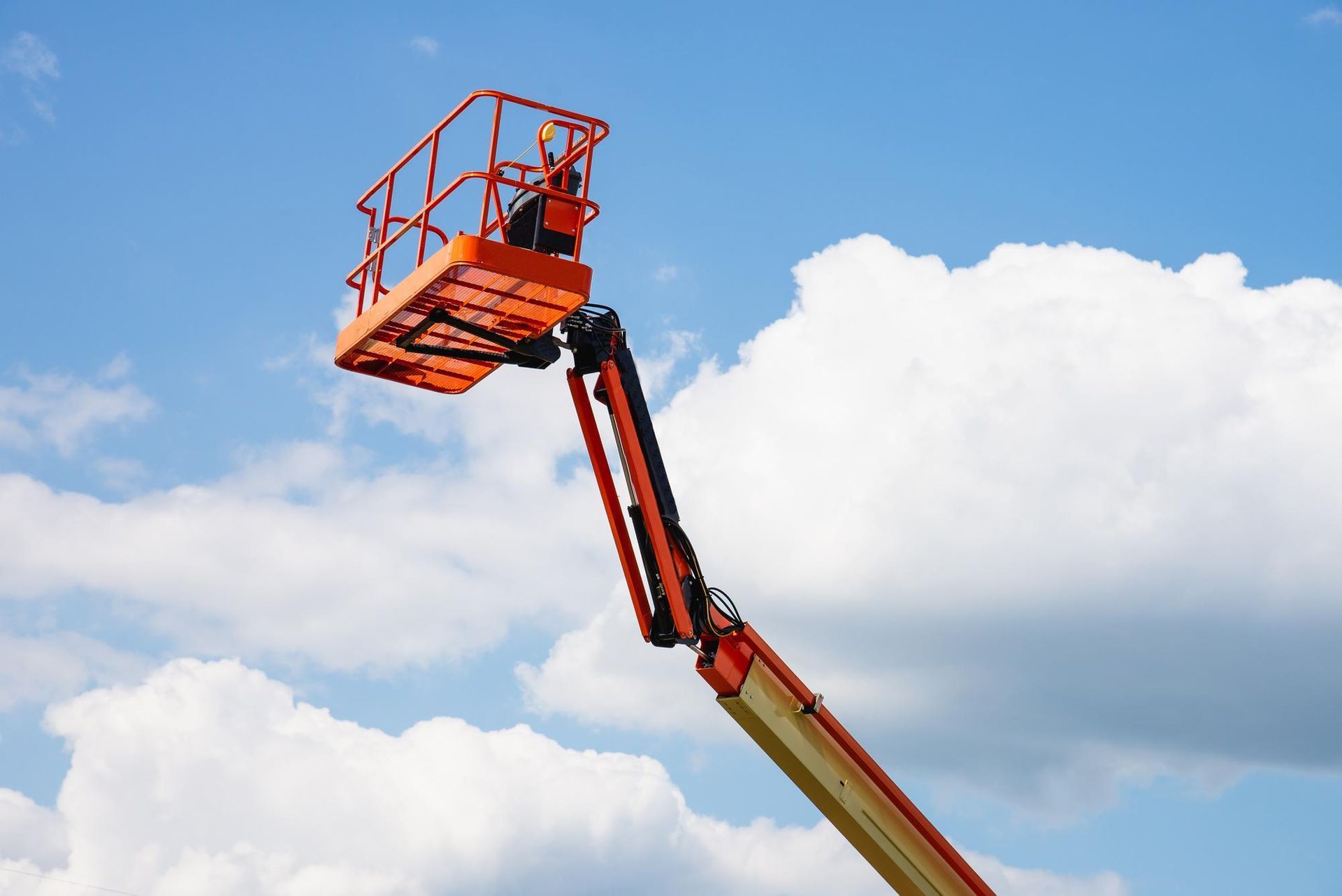Rentals Equipment vs. Ownership: The Financial Face-off.
When it comes to acquiring heavy machinery for construction, agriculture, or any industrial purpose, businesses often face a significant decision: Should they invest in purchasing the equipment or opt for heavy equipment rental services? This financial face-off is a crucial consideration that can greatly impact a company's bottom line. In this comprehensive guide, we'll delve into the pros and cons of both options and help you make an informed decision.
The Case for Heavy Equipment Rental
- Flexibility and Scalability: One of the primary advantages of
heavy equipment rental is the flexibility it offers. Construction projects, for instance, can vary greatly in scale and duration. Renting equipment allows you to tailor your machinery choices to each project's unique requirements. If you have a small project that only requires a specific piece of equipment for a short period, heavy equipment rental is the way to go. It allows you to scale up or down as needed, ensuring that you're not investing in machinery that will sit idle most of the time.
- Lower Initial Costs:
Purchasing heavy equipment involves a substantial upfront cost. This capital expenditure can strain a company's finances, especially for smaller businesses or startups. Heavy equipment rental, on the other hand, requires significantly lower initial expenses. You can allocate your capital to other critical aspects of your business, such as hiring skilled labor or expanding your operations.
- Maintenance and Repairs:
Heavy machinery requires regular maintenance and occasional repairs to ensure optimal performance and safety. When you own equipment, these costs fall squarely on your shoulders. However, with heavy equipment rental, maintenance and repair responsibilities often lie with the rental company. This can lead to substantial cost savings over time, as you won't be faced with unexpected repair bills that can wreak havoc on your budget.
- Storage and Depreciation:
Owning heavy equipment comes with additional expenses such as storage costs and the depreciation of the equipment's value over time. When you rent, you can return the equipment once your project is completed, eliminating the need for storage space and avoiding depreciation-related losses. This can free up valuable real estate on your property and reduce long-term financial burdens.
- Access to the Latest Technology: Heavy equipment technology is constantly evolving. Renting equipment allows you to access the latest and most advanced machinery without the burden of constantly upgrading your fleet. This ensures that you stay competitive and can complete projects more efficiently, which can lead to increased profitability.
The Case for Equipment Ownership
- Long-Term Cost Efficiency: While heavy equipment rental may offer lower initial costs, over the long term, owning equipment can be more cost-effective. If your business has a consistent and predictable need for specific machinery, purchasing it can make financial sense. As you pay off the equipment, you eliminate rental fees, potentially resulting in significant savings.
- Asset Appreciation:
Unlike most assets, heavy machinery can appreciate in value over time, especially if you take good care of it and regularly perform maintenance. This can be a valuable asset on your balance sheet and can even be used as collateral for loans if needed.
- No Rental Fees: When you own equipment, you don't have to worry about ongoing rental fees eating into your budget. This can lead to greater profitability on long-term projects, as you're not continually paying for equipment usage: Full Control”Equipment ownership provides you with complete control over your machinery. You can schedule maintenance and repairs on your own terms, ensuring that downtime is minimized. You can also tailor the equipment to your specific needs, with custom modifications and attachments, which may not be possible with rented equipment.
- Tax Benefits: Owning heavy equipment can offer tax advantages. Depreciation deductions and other tax incentives can reduce your overall tax liability, making equipment ownership even more financially appealing.
The Middle Ground: Lease-Purchase Options
If you're looking for a compromise between heavy equipment rental and ownership, lease-purchase options may be the answer. With a lease-purchase agreement, you can essentially rent the equipment with the option to buy it at the end of the lease term. This allows you to test the equipment's suitability for your needs before committing to ownership. It's a middle-ground solution that can be financially beneficial in the right circumstances.
Evaluating Your Specific Needs
The decision between heavy equipment rental and ownership ultimately boils down to your business's specific needs, financial situation, and long-term goals. Here are some key factors to consider:
Project Duration and Frequency
If your projects vary widely in terms of duration and scale, heavy equipment rental offers the flexibility to adapt to these changes. For consistent, long-term projects, ownership may make more sense.
Budget Constraints
Consider your current financial position. If you're just starting or have limited capital, heavy equipment rental can be a more manageable option. However, if you have the financial resources and a clear path to profitable projects, ownership might be a viable choice.
Maintenance and Repairs
Factor in the costs of maintenance and repairs. Heavy equipment rental can shift these responsibilities to the rental company, while ownership requires you to budget for these expenses.
Equipment Utilization Rate
Think about how frequently the equipment will be used. If you anticipate that the machinery will sit idle for long periods, renting may be more cost-effective.
Tax and Accounting Considerations
Consult with your accountant to understand the tax implications of both options. Depending on your location and financial situation, ownership may offer tax advantages.
Making the Right Choice
In the financial face-off between heavy equipment rental and ownership, there is no one-size-fits-all answer. The right choice depends on your unique circumstances and priorities. It's essential to conduct a thorough cost-benefit analysis, considering all relevant factors, before making a decision.
For some businesses, heavy equipment rental provides the flexibility and cost savings they need to thrive in a dynamic industry. For others, the long-term benefits of ownership, including asset appreciation and full control, outweigh the initial expenses.
In many cases, a combination of both rental and ownership may be the most practical approach, allowing you to adapt to changing demands while maintaining control over your core machinery.
The financial face-off between rental equipment and ownership is a complex decision that requires careful consideration and planning. By weighing the pros and cons of each option and aligning them with your business goals, you can make a financially sound choice that sets your company up for success in the long run.
Whether you opt for heavy equipment rental, ownership, or a combination of both, remember that the key to success lies in optimizing your equipment usage, maintaining it properly, and continually assessing your financial strategy to ensure it aligns with your business objectives.
Consideration: Equipment Depreciation
When evaluating the financial aspects of heavy equipment rental versus ownership, it's crucial to delve deeper into equipment depreciation. Depreciation is the reduction in the value of an asset over time, and it plays a significant role in the financial equation.
When you own heavy equipment, you will experience depreciation. However, the extent of depreciation can vary based on factors such as equipment type, brand, usage, and maintenance. Some types of heavy machinery may depreciate at a slower rate than others, and proper maintenance can help extend the useful life of your assets.
On the flip side, heavy equipment rental eliminates the need to worry about depreciation. Since you return the equipment to the rental company once your project is completed, you're not exposed to the long-term value fluctuations associated with ownership. This can be a
significant advantage for businesses looking to minimize financial risks.
The Role of Financing
Financing options can significantly impact the financial feasibility of owning heavy equipment. Many businesses choose to finance their equipment purchases through loans or equipment financing agreements. This approach allows them to spread the cost of ownership over time rather than making a large upfront payment.
When exploring financing options, it's essential to consider the interest rates, terms, and monthly payments associated with loans. Additionally, some equipment manufacturers and dealers offer attractive financing packages that may include lower interest rates or deferred payments.
Keep in mind that financing can make ownership more accessible, but it also adds to the overall cost. Therefore, it's crucial to assess the total cost of ownership, including financing, maintenance, and operating expenses, to determine if it aligns with your budget and project needs.
The Role of Seasonal Demand
Seasonal demand is another factor to consider when deciding between heavy equipment rental and ownership. Many industries experience fluctuations in demand throughout the year. For example, construction projects may peak during the summer months but slow down during the winter.
Heavy equipment rental can be advantageous in such scenarios because it allows you to rent equipment when needed and return it during off-peak periods. This prevents you from carrying the financial burden of owning equipment that remains idle during downtimes.
On the other hand, if your business operates consistently throughout the year and requires the same machinery year-round, ownership may be a more suitable option. In this case, the upfront investment can be justified by the steady utilization of the equipment.
Environmental and Sustainability Considerations
In recent years, there has been a growing emphasis on environmental responsibility and sustainability in various industries, including construction and agriculture. When evaluating heavy equipment rental versus ownership, consider the environmental impact of your decision.
Heavy equipment rental companies often prioritize maintaining and upgrading their fleets to meet emission standards and reduce environmental impact. By renting modern, eco-friendly machinery, you can contribute to sustainability efforts while staying compliant with environmental regulations.
In contrast, older equipment that you own may require costly upgrades or retrofitting to meet current environmental standards. This can add unexpected expenses to the cost of ownership and may impact your ability to bid on projects with stringent environmental requirements.
Choosing the Right Rental Partner
If you decide that heavy equipment rental aligns with your financial goals and project needs, selecting the right rental partner is essential. Research and choose a reputable rental company with a history of providing well-maintained equipment, responsive customer support, and transparent rental agreements.
Consider factors such as equipment availability, rental rates, delivery and pickup options, and the
rental company's location in relation to your project site. Building a strong relationship with a reliable rental partner can streamline your equipment procurement process and contribute to your project's success.
Conclusion
In the financial face-off between heavy equipment rental and ownership, it's essential to adopt a holistic perspective. Each option comes with its own set of advantages and considerations, and the right choice depends on your specific circumstances, budget, project requirements, and long-term goals.
By considering factors such as equipment depreciation, financing options, seasonal demand, environmental impact, and choosing the right rental partner, you can make a well-informed decision that maximizes your financial efficiency and contributes to your business's success.
When it comes to choosing the right rental partner in Elma, WA, one name stands out - East County Rentals, Inc. With a reputation for exceptional service and a wide range of heavy equipment available for rent, they have established themselves as a trusted resource for businesses in the region.
You can reach East County Rentals, Inc. at
(360) 482-4131 for all your heavy equipment rental needs. Their expert team can assist you in selecting the right machinery for your projects, ensuring that you have access to
top-quality equipment when you need it most.
Ultimately, whether you choose heavy equipment rental, ownership, or a combination of both, your financial strategy should align with your business objectives and prioritize long-term profitability and sustainability. Regularly reassess your equipment needs and financial plans to adapt to changing market conditions and industry trends, ensuring that your business remains competitive and financially resilient. With the right partner like East County Rentals, Inc. by your side, you can navigate the financial landscape with confidence and success.









